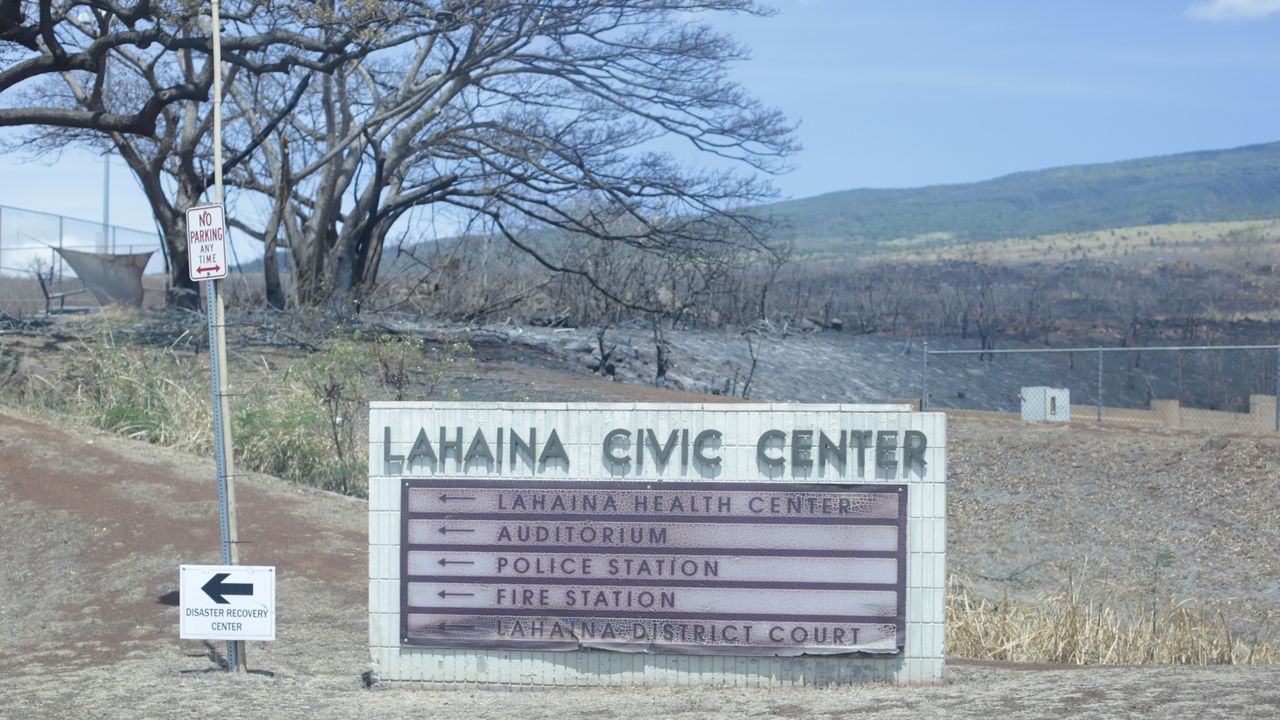Calls to the 988 Suicide and Crisis Lifeline went up in the aftermath of the Aug. 8, 2023, Lahaina wildfire and there weren’t enough mental health professionals in Hawaii to assist.
That’s the findings of a recent study published in JAMA Network Open that was conducted by University of Hawaii researchers who looked at call volumes to 988.
Typically, a call to 988 is answered at a local center. However, if the wait time is too long, which the study found was often the case, then the call is rerouted to an out-of-state overflow 988 Lifeline call center.
“Since the wildfire, we have seen a persistent rise in mental health distress,” said Alex Ortega, professor and dean of the Thompson School of Social Work & Public Health at UH Manoa and senior author of the study, in a statement. “The aftermath has created a layered crisis with increased depression, anxiety, and substance use and suicidality issues exacerbated by the trauma of displacement and, in some cases, insensitive encounters with officials and tourists.”
The research, which was funded by the National Institutes of Health, looked at 988 Lifeline call data from July 2022 to August 2024. The study found the call rates rose from 97.5 to 137.4 (41%) per 100,000 residents following the wildfire, while in-state answer rates dropped from 90.3% to 77.2%, straining Maui’s already overextended mental health response system. Researchers found substantial lag times for months 9 to 12 post-wildfire, which suggests a sustained increase in call volume following the disaster.
The research team — led by Ortega and Joseph Keaweʻaimoku Kaholokula, professor and chair of the Department of Native Hawaiian Health at the John A. Burns School of Medicine — said the study’s results are evidence of the need to expand local mental health services.
“The wildfire not only destroyed homes and livelihoods but also severely impacted the mental health of an entire community, particularly for those already facing economic and health disparities,” said Kaholokula. “To help residents rebuild their lives and resilience, expanding the mental health workforce with providers who understand Hawaii’s unique needs is critical. We hope these findings will lead to a significant increase in support for mental health care and disaster response tailored to our communities.”
The study is the first phase of a five-year, $3.8 million NIH-funded project, “Population Health and Health System Resiliency Following Maui’s Wildfire Disaster,” which will look at the government’s response to the wildfire, with a focus on the physical and mental health impacts on Lahaina’s Native Hawaiian, Pacific Islander, Filipino and Latino immigrant communities. The project will also examine barriers to accessing health services and look at how healthcare utilization has shifted based on age, ethnicity and Medicaid eligibility.




